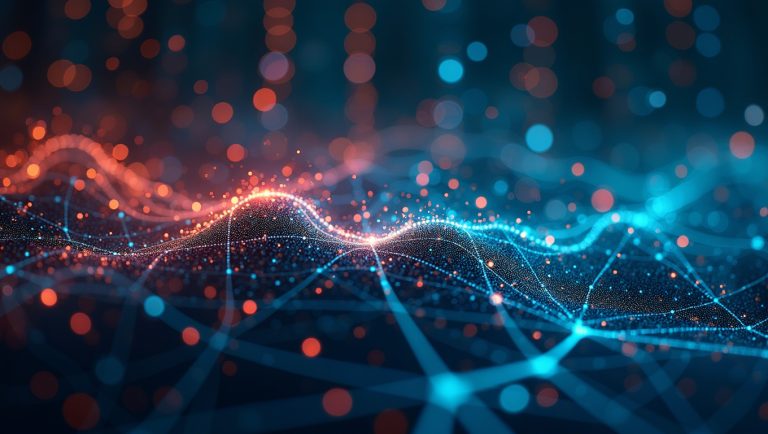Using Machine Learning to Predict Patterns of Biodiversity
As the biodiversity crisis accelerates, the need arises to hasten the pace of biodiversity research.
As the biodiversity crisis accelerates, the need arises to hasten the pace of biodiversity research.
CETL invites you to join our AI Professional Learning Series, a four‑session series designed to explore how artificial intelligence is shaping teaching and learning and to offer practical strategies for engaging with this rapidly evolving technology. The series features discussion with AI experts as well as perspectives from both enthusiastic adopters and thoughtful skeptics, allowing participants to examine the opportunities and challenges AI presents for higher education. This monthly series will be delivered via Zoom.

This third installment in the Catalyst AI Foundations for Faculty is a supplement to the previous webinar on AI + Assessment.
We will cover the various uses of generative AI in graduate level writing, as well as the ethics of using AI in your academic writing. Additionally, we will cover the new graduate school AI policy for academic writing to make students aware of the official university stance—this will include how improper use of AI will be identified and what actions can be taken against students who use AI improperly in their academic work while at UI. In the second session, we will cover the basics of what a teaching statement is and how to write one.
In this talk, we’ll dissect agentic system architectures from tool-calling interfaces and the Model Context Protocol (MCP) to direct computer-control integrations and multi-agent coordination patterns.
Monday, October 27, 2025 1:30pm – 2:30pm
n this workshop, we will discuss five ‘genres’ of generative-AI and their applications to qualitative research, highlight current integrations of generative-AI into computer-assisted qualitative data analysis tools and applications (CAQDAS), and explore ethical issues associated with and implications for using these tools.
Come to the first floor of the Library to play with some examples your peers have already created. Then brainstorm some ideas of your own. Finally, make your MARC puzzle on the website and submit it to the competition either online or at the Library! The top entries have a chance to win $500. 12 – 3:30 p.m. Oct. 9 and 10, on the Library first floor.
Hear Professor Bert Baumgaertner speak about abstractions and reasoning corpus (ARC) 2 p.m. Oct. 7, on the Library first floor.

This is the second Idaho AI Catalyst Webinar is designed for faculty and staff in higher education who consider themselves beginners to moderate users of generative AI.

This first Idaho AI Catalyst Webinar is designed for faculty and staff in higher education who consider themselves beginners to moderate users of generative AI.